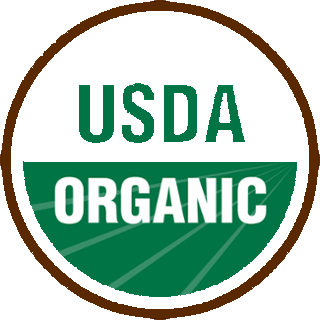Arizona Farm Bureau Submits Comments to the National Organic Program Rule
Published
8/9/2016

The NOP is a useful marketing platform which provides a framework for farmers to receive organic certification and gain premium value for their specialized products. However, the proposed changes to the program would have an adverse impact on those who participate in the NOP. For this reason, we do not support the proposed rule.
The concept of “organic” production has always been understood to be production practices that do not utilize synthetic pesticides, antibiotics, synthetic fertilizers, genetically modified organisms, and growth hormones. Furthermore, the Organic Production Act of 1990 limited its coverage to livestock feeding and
The USDA Agricultural Marketing Service (AMS) notes in the proposed rule that surveys designed to measure consumer trust of the organic label have shown consumers are confused about what the organic label means. Instead of remedying this confusion through rulemaking and attempting to expand the scope of the rule, the USDA should develop consumer education campaigns to address the areas of the label consumers do not understand.
Additionally, AMS believes that many livestock and poultry producers would prefer to use the organic label to convey information about their practices to consumers. However, organic livestock producers seem to be more opposed to the proposed rule rather than supportive. Organic pork producers are concerned about proposed standards requiring outdoor access that conflicts with other elements of organic
The USDA should instead encourage organic producers to participate in science-based animal welfare certification programs. Voluntary national production programs such as the Pork Quality Assurance Plus, Beef Quality Assurance, and National Dairy FARM Program are created by experts who understand the nutritional, physical, and health needs of livestock. They are rooted in science and define good production practices that are flexible to size, system, and species.
As a member of the American Farm Bureau
Sincerely,
Kevin Rogers, President
Arizona Farm Bureau Federation